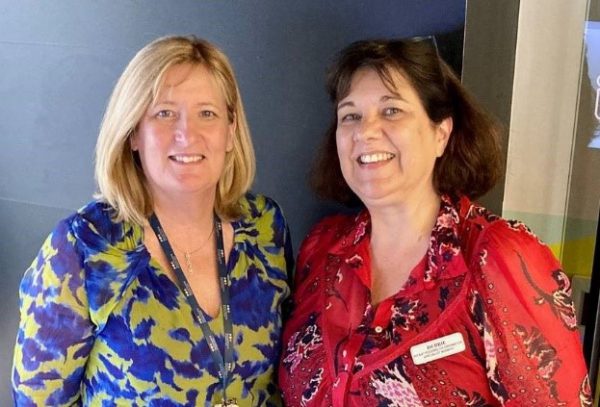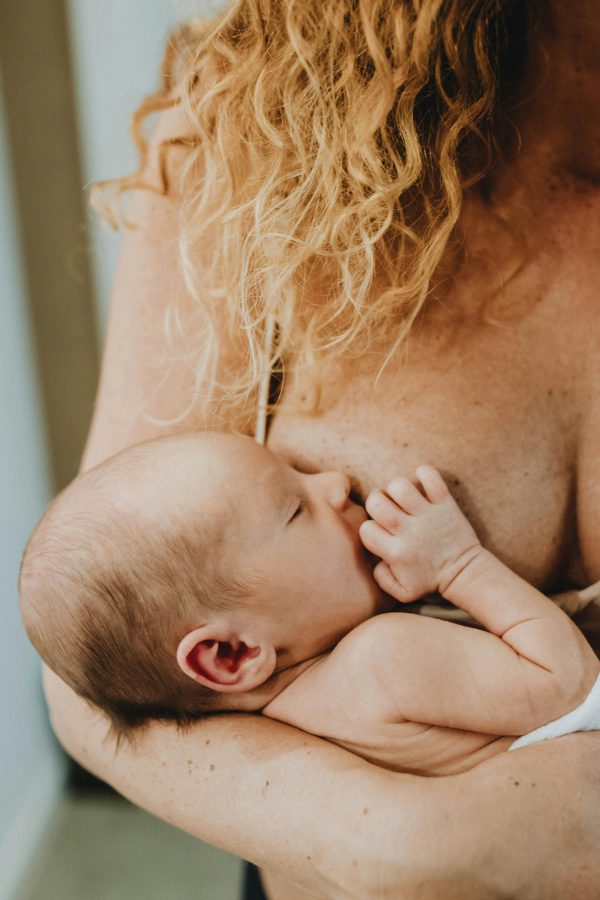To mark International Breastfeeding week, Debra Hennessy, IBCLC, Family Nursing and Home Care (FNHC), and Deborah McCoy, Infant Feeding Specialist Midwife, Health for Community Services (HCS), have collaborated on a series of blog posts to celebrate the week.

The benefits of breastfeeding for both mother and child cannot be over stated.
Breastfeeding protects your baby against ear infections, chest infections, and lowers their risk of diabetes. Your baby is less likely to suffer with allergic disease such as eczema, asthma, and wheeze and are protected against diarrhoea, gastroenteritis, and stomach upsets, which is particularly important in the early days and weeks of life.
In addition, breastfed babies are thought to have better mental health, better mouth formation and straighter teeth, and be at less risk from obesity and the diseases that accompany this condition into adulthood.
There are health benefits for mothers too with lower risks of ovarian cancer, breast cancer, and osteoporosis.
So what makes breastmilk so special?
Human milk is the biologic norm for human babies and considered to be a continuum of the gestational period. Breast milk plays the role of maternal blood in delivering nutrients and immunological protection to her infant.
With thousands of distinct bioactive molecules that protect against infection and inflammation, breastmilk contributes to the healthy maturation of the baby’s immune system, supporting organ development and fostering healthy growth of microbes in the gut, which is thought to be essential to protecting the health of your baby.
Human milk is dynamic and changes to suit the needs of your growing infant, it can change from feed to feed and in response to environmental changes.
In the first 6 months if life, all your baby needs is your breastmilk!
Of course, breastfeeding is about more than just nutrition and is a way of bonding with your baby and fostering a close and loving relationship. Breastfeeding is an instant soother and can reduce the pain experienced by babies during procedures such as immunisation.
Breast milk also contains healing factors that you can use to treat sticky eyes, simple skin conditions, or minor breaks in your baby’s skin.
And if all that wasn’t enough, breastfeeding is better for the environment. It’s cheaper, produces less waste, is portable, and always available!

If you are pregnant and would like to know more about breastfeeding, your community midwife is there to offer support and advice.
Baby Steps is a perinatal education programme run by Family Nursing and Home Care that will help you prepare you to get breastfeeding off to a great start.
There are also breastfeeding support groups and clinics to help you once your baby arrives if you need any additional help or support.
Contact the Duty Health Visitor on 01534 449135 to find out more about Breastfeeding Buddies or the Community Midwives Breastfeeding Clinic on 01534 449139 / 449190
 blog.gov.je
blog.gov.je